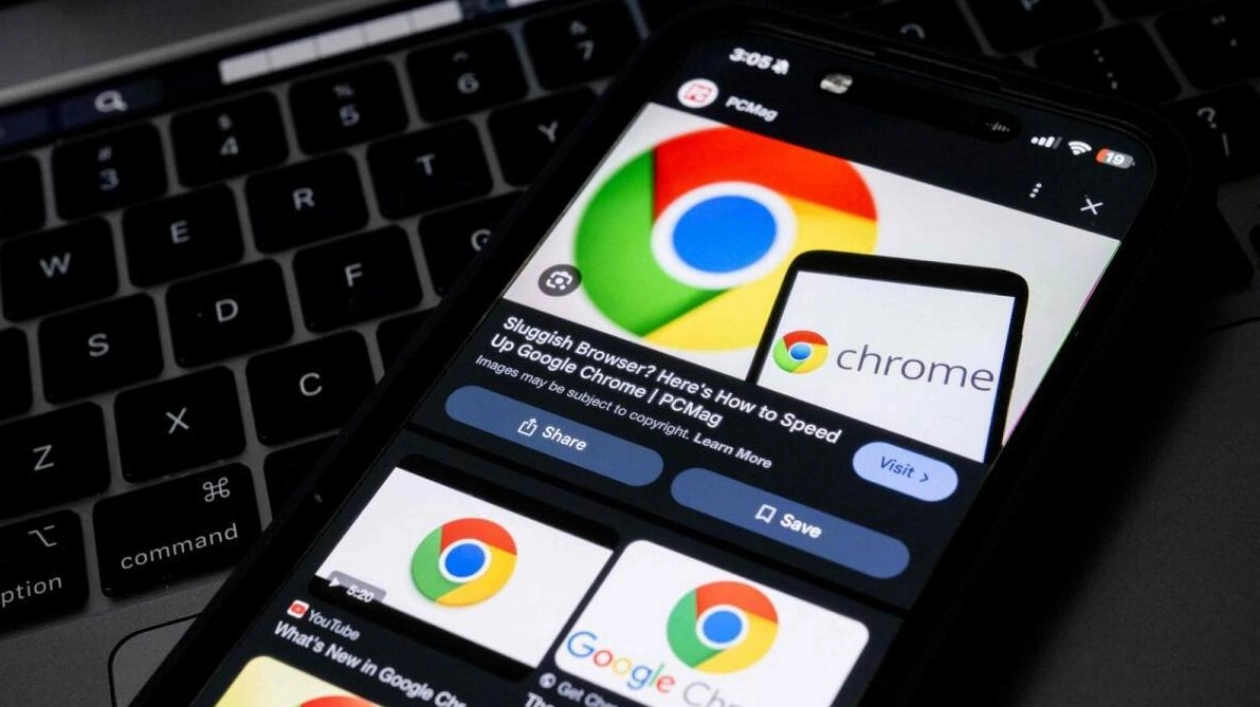US antitrust lawyers are urging a judge to mandate the sale of Google's Chrome browser in an effort to curb the company's market dominance, a move that could significantly impact the tech giant. On Wednesday, the US Department of Justice presented its recommendation for the breakup to US District Court Judge Amit Mehta, who is expected to implement measures next year to address Google's monopoly in online search.
"This would be a major blow to Google," commented Wedbush Securities analyst Dan Ives. Google's search service is free, with revenue generated from targeted ads and features that support online commerce. "It would drastically change (Google's) business model," noted Syracuse University advertising professor Beth Egan. Selling Chrome would also deprive Google of valuable data used to train its algorithms and promote other services such as Maps.
Launched in 2008, Chrome has a commanding lead in the browser market, far surpassing competitors like Microsoft's Edge and Apple's Safari. Egan believes Google would adapt if forced to sell Chrome. "I don't think selling the browser would cripple Google as a company," she said. However, she pointed out that users might suffer, considering Google's arguments presented in blog posts on the issue.
A Bloomberg analyst estimates that Chrome, used by over three billion people worldwide, could fetch at least $15 billion. However, due to the lack of precedent, predicting its market value is challenging. In 2016, a Chinese investment group purchased an internet browser from Norway's Opera Software ASA for $600 million, which had 350 million users at the time. Emarketer senior analyst Evelyn Mitchell-Wolf suggests there are few potential buyers for Chrome, noting that "any company with the financial capability to buy Chrome is likely already under antitrust scrutiny."
Speculation has centered on US-based artificial intelligence companies as potential buyers. While a purchase by entities like OpenAI would raise antitrust issues, the US government might view it as a way to prioritize national innovation. Elon Musk's AI startup could also be a contender, backed by his wealth and potentially supported by his relationship with incoming president Donald Trump.
Analysts agree that people will continue to use Chrome regardless of ownership, as long as its quality remains high. "This assumes Chrome keeps its most popular features and continues to innovate," said Mitchell-Wolf. "Search behaviors are primarily driven by convenience, with trust and experience secondary." The justice department's claim that Chrome's popularity is due to it being a default search engine on devices is inaccurate, according to the analyst.
Many believe Judge Mehta will not fully adopt the justice department's proposed remedies. CFRA analyst Angelo Zino considers the measures "extreme and unlikely to be imposed by the court." The incoming Trump administration also remains unpredictable regarding whether justice officials will pursue the breakup of Google. In October, Trump expressed opposition to dismantling Google, arguing it would harm the company internationally and benefit China, which he claims fears Google's dominance.
Source link: https://www.khaleejtimes.com






